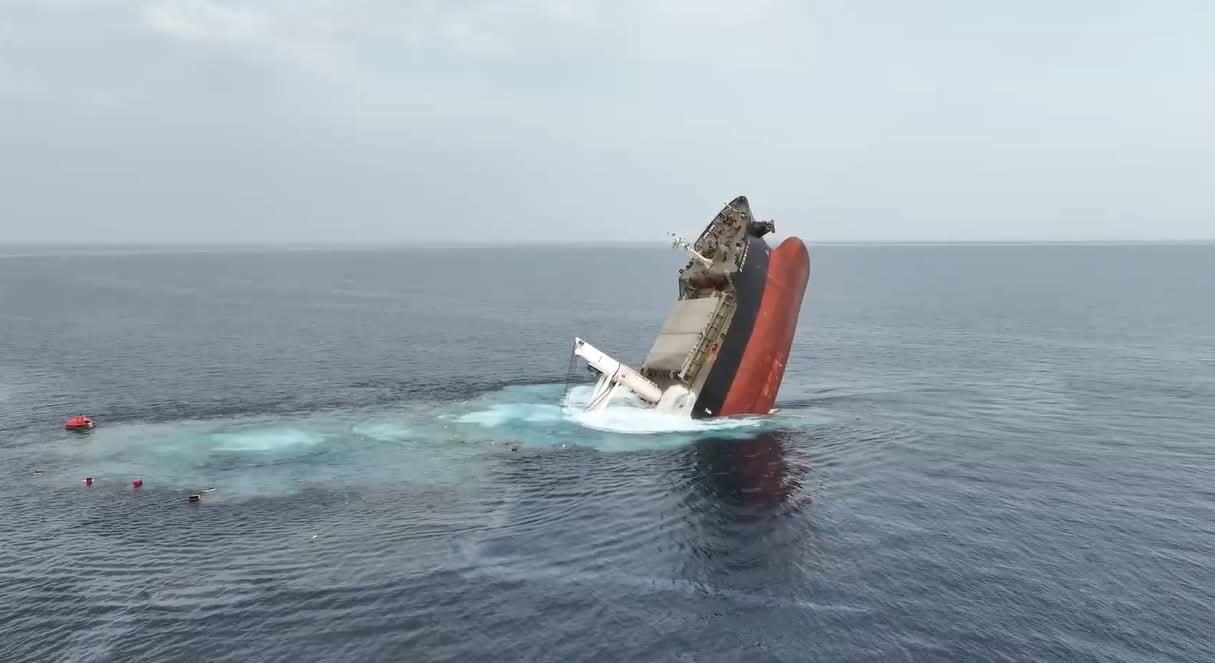The U.S. Government Accountability Office (GAO) has released a new report highlighting significant challenges faced by the U.S. Coast Guard in its Arctic operations.
The report, mandated by the James M. Inhofe National Defense Authorization Act for Fiscal Year 2023, examines the Coast Guard’s assessment and management of Arctic risks, as well as its collaboration with the Department of Defense (DOD).
According to the report, the Coast Guard is struggling to meet its Arctic commitments due to various issues, including asset maintenance problems, workforce shortages, and limited infrastructure.
For example, the U.S. Coast Guard Cutter Healy deploys annually to the Arctic, but its ability to carry out planned deployments has varied. In 2019, the Healy deployed to the U.S. Arctic region for 124 days. However, its 2020 deployment was cut short—from a planned 105 days to just 26 days—due to a propulsion motor fire. In this instance, the Coast Guard was able to deploy the 50-year-old icebreaker USCGC Polar Star to the Arctic to cover for the Healy, as Polar Star’s annual Antarctic mission had been cancelled due to the COVID-19 pandemic.
This year, the Healy experienced an engineering compartment fire in late July during its annual summer Arctic patrol, forcing an early return home. Meanwhile, the Coast Guard’s other icebreaker, the Polar Star, is unavailable during summer due to an ongoing service life extension program.
The report should serve as a wake-up call for policymakers and stakeholders to address the gaps in Arctic operations and planning.
“The Coast Guard has an Arctic implementation plan to guide its efforts, but we found the plan was primarily a list of items and actions it intends to take. The plan was missing time frames, milestones, and how the Coast Guard is going to measure its progress implementing its planned actions,” said Heather MacLeod, Director in Homeland Security and Justice.
The GAO’s investigation revealed that the Coast Guard’s performance reports for the Arctic region often contained incomplete or unavailable information, particularly from fiscal years 2016 through 2021. This lack of comprehensive data hampers the Coast Guard’s ability to make informed operational planning decisions for the region.
In response to these findings, the GAO has issued two key recommendations: 1) The Coast Guard should ensure it collects and reports complete information about resource use and mission performance, and 2) Its Arctic implementation plan should include performance measures with associated targets and timeframes for action items.
The Department of Homeland Security has concurred with both recommendations and is planning to address these issues.
The report comes amid heightened commercial interest in the Arctic from China and Russia as the region becomes increasingly accessible. As climate change continues to reshape the Arctic landscape, the Coast Guard’s ability to effectively manage risks and respond to emergencies in the region becomes increasingly vital for national security and environmental protection.

 Join The Club
Join The Club










